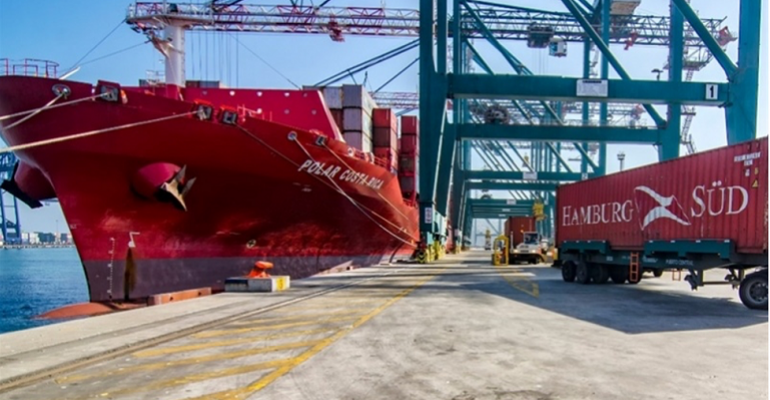New liquefied natural gas (LNG) contracts will increase some North American exploration and production (E&P) companies’ exposure to international LNG prices in the next few years, says Fitch Ratings. Although this increased exposure could result in more volatile cash flows for the sector, Fitch expects the impact to be within rating tolerances.
Some North American E&P companies have entered integrated production marketing (IPM) agreements with LNG facilities or sales agreements with large LNG traders in recent years, shifting part of their natural gas pricing exposure away from domestic Henry Hub (HH) prices to international pricing benchmarks such as Title Transfer Facility (TTF) in Europe and Japan Korean Marker (JKM) in Asia.
Spot LNG prices in the European and Asian markets have maintained a significant premium to U.S. HH prices in recent years, but they tend to be more volatile. International LNG prices soared after the pandemic due to reduced Russian gas deliveries to Europe in 2021 and the Russia-Ukraine conflict in 2022. At current prices, LNG contracts provide North American gas producers significant advantages, but these benefits may shrink in the coming years.
Fitch estimates North American LNG production capacity will more than double before 2030 compared to YE 2024 levels, which should tighten the spread between North American and Asian/European benchmarks. This increased convergence can also lead to oversupply in the international markets, spilling over to the U.S. domestic market if LNG facility utilization drops.
Issuers choosing to participate face increased exposure to international pricing, which adds costs and market price risk. This provides an opportunity for extraordinary profits from occasional TTF and JKM price spikes, but there will also be times when the arbitrage is not in the money.
The current futures market already projects a gradual decline in both JKM and TTF prices to breakeven or slightly loss-making levels for LNG contracts compared to domestic sale at HH prices by 2028. Total conversion and delivery costs, which include gas liquefaction, feedstock premium, transportation, fuel, and boil-off gas, are estimated at roughly $5.0 to $7.0/mmbtu for most contracts. However, these costs can exceed this range due to variable price-linked expenses. Actual costs and terms vary by contract.
Fitch expects these LNG contracts to add additional volatility to cash flows, but this exposure will mostly remain within rating tolerances. E&P companies with LNG contracts linked to TTF or JKM typically have investment-grade credit profiles, and their LNG exposures tend to be small relative to total production.
Most North American E&P companies have already made significant progress in meeting or achieving absolute debt and leverage targets. Structurally low leverage provides sufficient headroom under leverage sensitivities in a declining price environment and may allow headroom for opportunistic M&A transactions.
Source: Fitch Ratings






